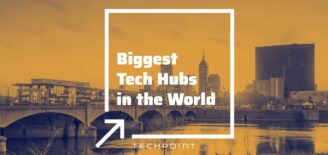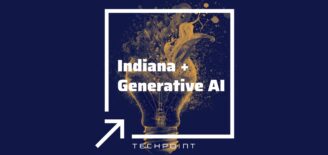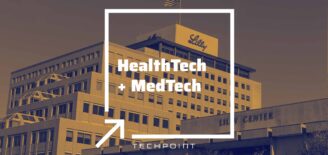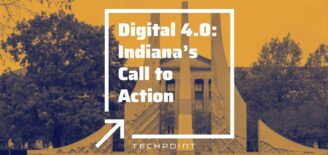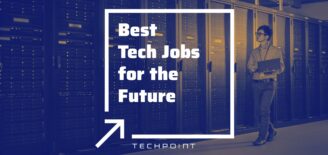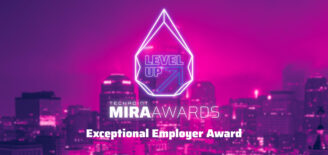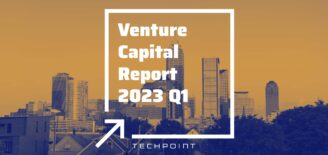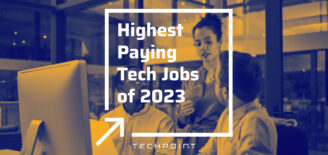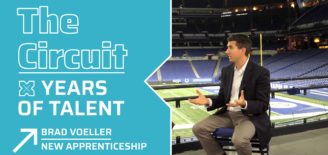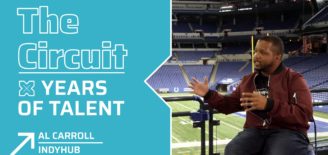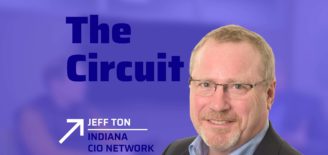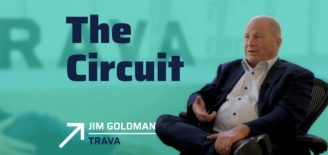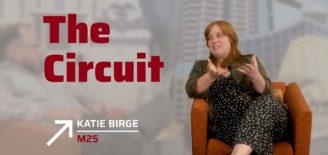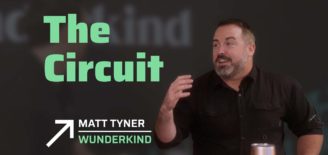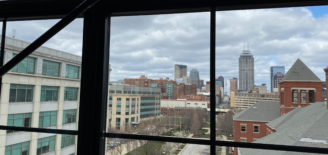Build a Prime Destination for Talent and Tech
Last Sunday, the Wall Street Journal published a blog post from Brookings Institution Senior Fellow Mark Muro titled “Tech jobs are spreading into flyover country.” Later that day, ironically, Muro himself flew into Indianapolis, which Forbes recently hailed as a “tech hub on the move,” for a first-hand look at how corporate and civic leaders aim to continue Indy’s high-tech boom with an ambitious new economic development strategy, Accelerate Indy.
Brookings recently ranked the Indianapolis region among U.S. hot spots for ‘advanced industry’ employment. Indy is 20th out of the top 100 metros in recent job creation in technology and the innovative area of manufacturing, life sciences, and energy that account for most of the country’s R&D investment and employ most of its skilled STEM workforce.
Muro and his colleague, Brookings Metro Policy Program Director Amy Liu, came to Indy with a compelling message: These hundred metros – just 12 percent of the nation’s land on a map – dominate the economic landscape, responsible for 90 percent of all post-recession job creation and business starts, convincingly demonstrating the importance of talent to high-potential, high-tech companies.
Liu explained, “It’s no coincidence that major metros are home to 70 percent of the nation’s advanced industry jobs, 74 percent of its college graduates and 75 percent of total GDP – there’s a strong correlation among cutting-edge industries, educated workers and economic growth.”
As the Indy Chamber sought input from thousands of employers over the last two years to create Accelerate Indy, their feedback matched the data: Access to a skilled workforce – and the ability to recruit game-changing talent – is job one.
Accelerate Indy reflects this demand for human capital, calling for investments in quality of life ( like accessible transit and walkable neighborhood development) and building a visible regional brand that appeals to educated workers and helps keep more of the STEM talent coming out of Indiana’s colleges and universities in Central Indiana after graduation.
“Accelerate Indy recognizes that today’s most successful regions attract a critical mass of smart, skilled people and employers that thrive on innovation and human capital,” said Indy Chamber President & CEO Michael Huber. “So we have to add to our traditional definition of economic development, and make talent a top priority to fuel the regional economy.”
For the region’s technology sector, Accelerate Indy addresses a challenging ‘supply and demand’ equation: Jobs in areas like computer system design and data processing are growing at a double-digit annual pace in Indy, according to Brookings data. But if the metro labor pool can’t satisfy demand for tech-savvy workers, this momentum will be in jeopardy.
According to Huber, Accelerate Indy rewrites the region’s economic development playbook to address these challenges.
“This plan will have surprises for those who still think economic development just means tax breaks and offering the lowest cost of doing business,” he said. “But in today’s economy, skilled workers make a region competitive – attracting talent, business and investment all go hand-in- hand.”

